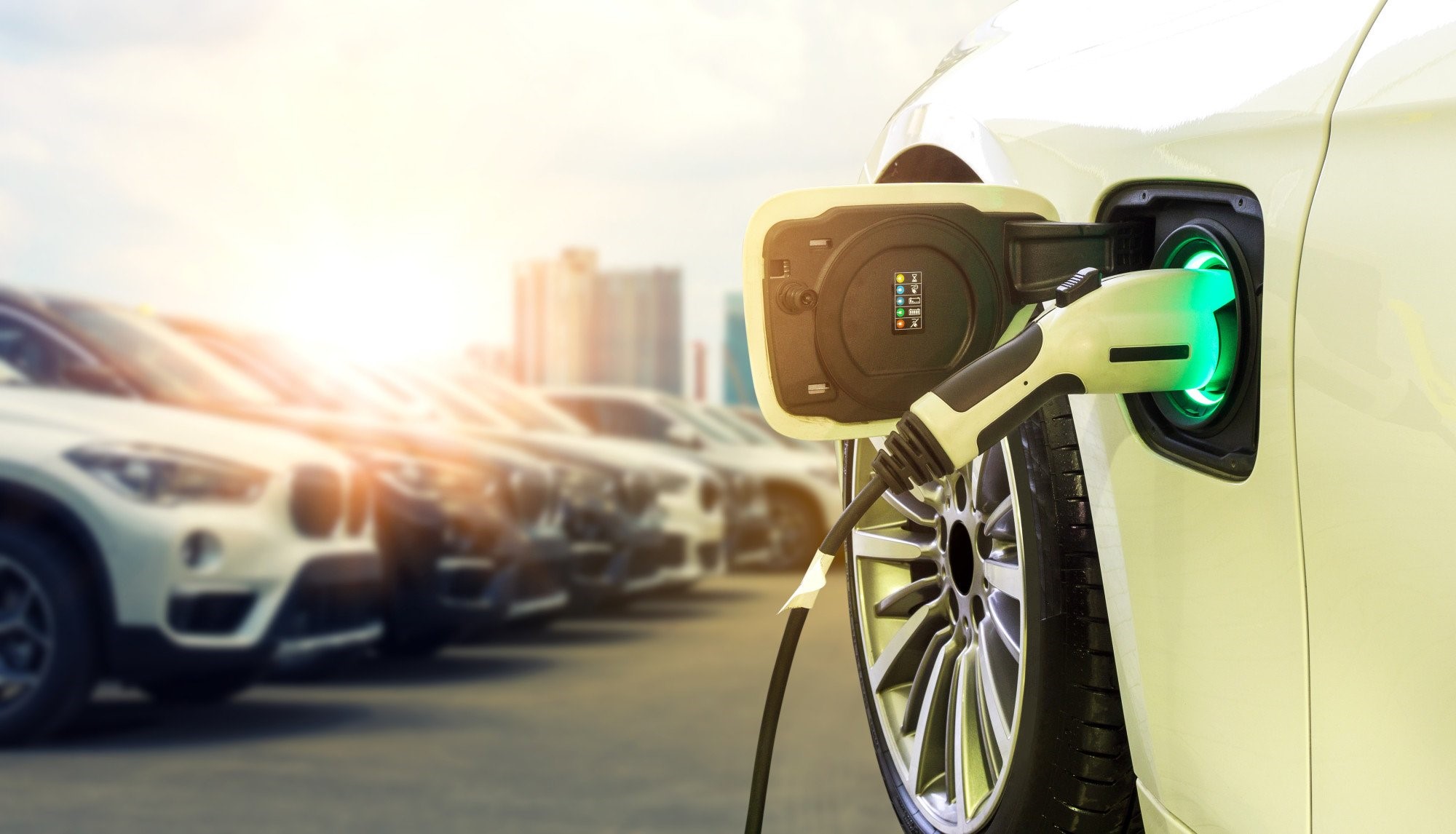Have you been considering going electric? Electric vehicles have grown in popularity and offered many benefits from better gas mileage to easier and cheaper maintenance. There is no denying that EVs work wonders but there is still some new technology and components that people may not understand.
If you love to know all about cars and how they work, an electric vehicle might seem like a foreign gadget to you. That’s where we come in.
Are you wondering whether do electric cars have fuses, and how important it is to your electric car? This guide gives you all the information and essential guide you need about fuses in electric cars and more.
Table of Contents
Fuses in Electric Cars: Why Are They Important?
Do electric cars have fuses? The answer is yes, fuses are a fundamental part of an electric car’s electrical system, and they serve a crucial role in protecting the vehicle from electrical faults and potential hazards.
What Are Vehicle Fuses?
Vehicle fuses are safety devices designed to interrupt the flow of electrical current in a circuit when the current exceeds a safe level. They come in various amperage ratings, including 30 amp fuse and 60 amp fuse.
They consist of a thin wire or strip of metal that melts when exposed to excessive current. When a fuse “blows,” it breaks the circuit, preventing any further electrical flow. This safety mechanism helps prevent electrical fires and damage to components.
Protecting Electrical Systems
Electric cars have complicated electrical systems. These systems power many things like lights, climate control, and entertainment. Fuses keep these systems safe from electrical problems that could harm expensive parts or be dangerous.
Battery Protection
The battery pack is one of the most expensive and critical components of an electric car. Fuses protect the battery from electrical problems that can cause the battery to overheat.
Protecting the Electric Motor
The electric motor is another expensive and vital component of an electric car. Fuses are important for protecting the motor from electrical problems so the vehicle stays reliable.
Safeguarding Against Fire
Electric cars are typically safer from fires than gas-powered ones, but they can still have electrical fires. Fuses help reduce the risk of electrical fires by cutting off power in the event of a fault.
Types of Fuses in Electric Cars
Electric cars use various types of fuses to protect their electrical systems. Understanding these types can help you appreciate the complexity and electrical safety measures in place.
Blade Fuses
Blade fuses are one of the most common types of fuses used in electric cars. They are recognizable by their flat, rectangular shape and come in various amperage ratings. Blade fuses are easy to replace, making them user-friendly for maintenance and repairs.
Cartridge Fuses
Cartridge fuses are used in electric cars for high-voltage applications. They are cylindrical in shape. They are designed to handle more substantial current levels and are typically more robust than blade fuses.
Resettable Fuses
Resettable fuses, also known as polymeric positive temperature coefficient (PPTC) devices or self-resetting fuses, are special types of fuses that automatically reset when the fault is cleared. They are often used in applications where it’s important to keep the system working without manual help.
Common Fuse Locations in Electric Cars
Fuses are strategically placed throughout an electric car to provide protection to various electrical components. Here are some common locations where you can find fuses in an electric car:
Fuse Box
Electric cars typically have a fuse box that houses multiple fuses. This box is usually located in the engine compartment or near the battery pack. It’s a centralized location for easy access and maintenance.
Charging Port
The charging port area often includes fuses to protect the charging system and ensure safe and efficient charging. In the event of a fault during charging, these fuses can prevent potential hazards.
Interior Fuse Panel
Inside the car, there is often an interior fuse panel. This panel contains fuses that protect the vehicle’s interior electrical systems, such as lights, air conditioning, and infotainment.
Battery Management System
To keep the battery pack safe, fuses can be added to the battery management system. These fuses protect against overcharging, over-discharging, and other electrical problems.
Electric Motor
To protect the electric motor, fuses are typically installed near the motor or within the powertrain system.
Maintenance and Replacement of Fuses in Electric Cars
Just like any other vehicle, electric cars require regular maintenance, including checking and replacing fuses when needed. Here are some tips for maintaining and replacing fuses in electric cars:
Regular Inspections
Perform regular visual inspections of your electric car’s fuse box and interior fuse panel. Look for any signs of a blown fuse, such as a break in the wire or a discolored appearance.
Consult the Owner’s Manual
Your electric car’s owner’s manual will provide you with valuable information about the location of fuses, their amperage ratings, and guidance on how to replace them.
Use the Right Replacement Fuse
When replacing a blown fuse, it’s crucial to use the correct amperage-rated replacement. Using a fuse with a different rating can lead to electrical issues or damage to components.
Be Cautious with High-Voltage Fuses
In high-voltage electric cars, such as some Tesla models, be extremely cautious when handling high-voltage fuses. It’s best to leave such replacements to qualified professionals.
Seek Professional Help
If you’re not comfortable or experienced with electrical systems, it’s always best to seek professional assistance when dealing with fuses in electric cars. This ensures your safety and the proper functioning of the vehicle.
Find Out the Answers To: Do Electric Cars Have Fuses?
In conclusion, electric cars do indeed have fuses, and they play a critical role in ensuring the safety and reliability of these eco-friendly vehicles. Fuses protect various electrical components, including the battery, electric motor, and charging systems, from electrical faults and potential hazards.
So, the next time someone asks, “Do electric cars have fuses?” You can confidently answer, “Yes, and they’re an essential part of keeping these vehicles safe and reliable.”
Did this article answer all your questions? If so, take a moment to browse the rest of our blog site for more informative posts.
Related Post: 7 Interesting Facts About Electric Cars
































































